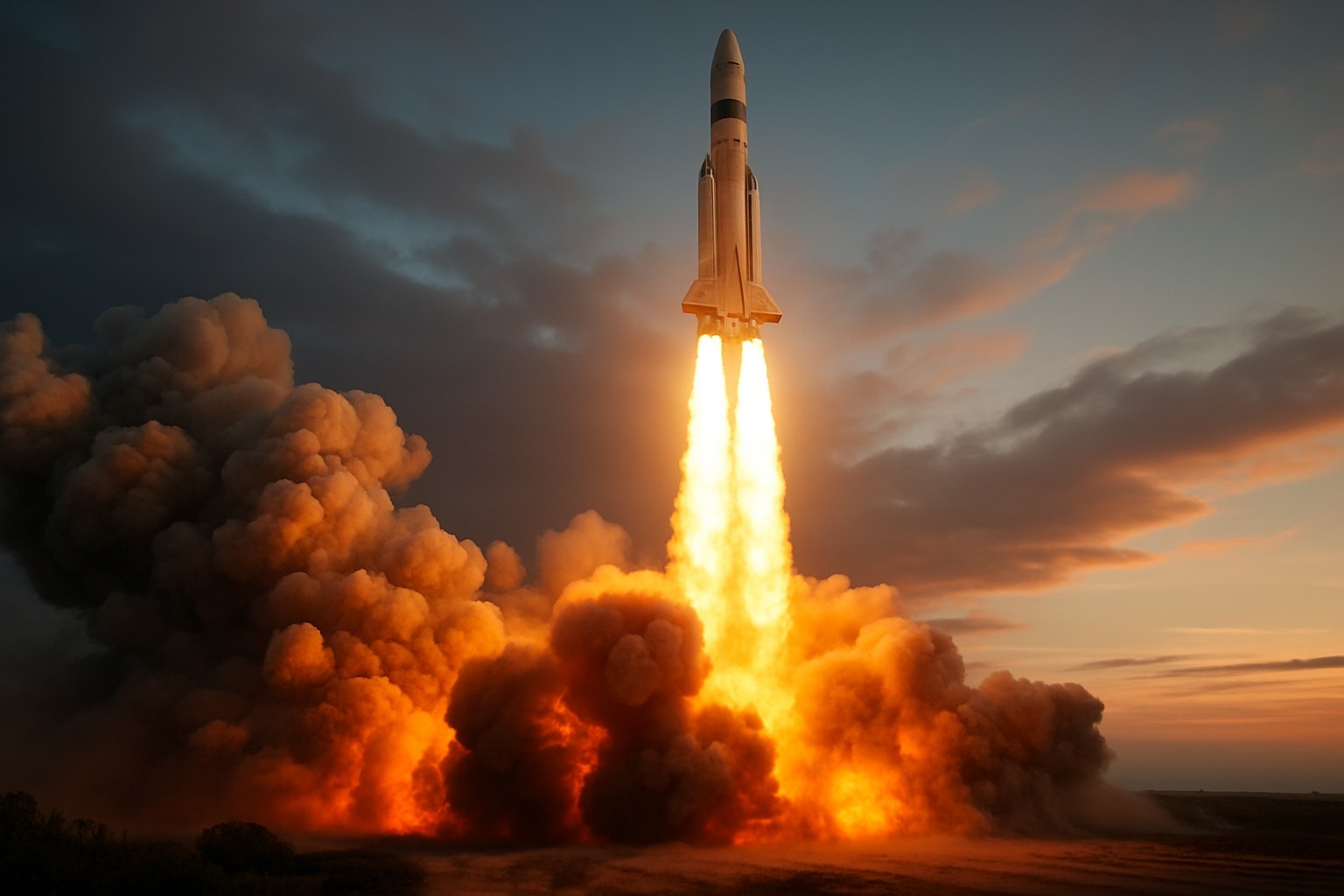
Humanity has a strange habit of convincing itself that each crisis is the final curtain. The Black Death, the carnage of World War One, the devastation of World War Two, every one of them felt like the end of days while they were happening. In those moments, nobody could step back and admire the wider arc of history; survival was the only thought. And yet, with hindsight, those cataclysms look less like the end and more like the violent ignition of a rocket engine, chaotic, destructive, deadly for those caught too close, but ultimately the very blast that propelled the species forward.
That doesn’t make the pain any less real. The Black Death rewrote Europe’s demographics and economics. The First World War shattered empires that had stood for centuries. The Second forced humanity to confront industrial-scale slaughter and then stare into the mushroom cloud that followed. At the time, each event felt unbearable, hopeless. And yet, after each storm cleared, society emerged altered, sometimes traumatised, yes, but also with new resolve, new structures, and new understandings that would have been unthinkable without the crucible that came before.
Which brings us to today. Once again, the West finds itself peering over a cliff edge, staring into what looks like existential chaos. Certain world leaders, Vlad the Invader and his self-styled “coalition of the compelling”, aren’t merely playing geopolitical chess. They’ve become the cliff itself, the drop yawning beneath our collective feet. In the moment, it feels terrifying. But if history is anything to go by, this might yet be the fire that tempers Europe and the United States into something stronger.
Because let’s be honest: the post-war order has been drifting. For decades the great debates have centred on trade disputes, farm subsidies, or whose turn it was to host another climate summit nobody listened to. Important, yes, but hardly the kind of challenges that bind nations together. Now, under the shadow of potential catastrophe, those squabbles look small. Existential fear has a way of stripping out the noise and forcing a common path.
History suggests that nations rarely emerge unified from committee meetings. They’re forged in the heat of conflict, or at least the looming threat of it. One side today clings to the old world order of fear, obedience, and control. The other, imperfect though it may be, still clings to the belief that cooperation and progress are possible without a bayonet pressed against your back. This isn’t “good” versus “evil” in some Hollywood sense. But I know which side I’d rather stand on, of my own volition, not because someone shouted louder.
And here’s the bitter irony: the men dragging us back into expansionist games are the very same who spend endless hours complaining about how expansionism once scarred their own nations. They preach grievance while practising aggression. They call it history’s injustice, when in truth it is their career ladder. Revenge has always been a powerful motivator, especially when tied to vanity and fear. But history is equally clear about the fate of such leaders. People tire of endless sacrifice for rulers drunk on power, and when that realisation hits, the outcome is rarely a quiet retirement by the sea.
Which is why this moment, as bleak as it feels, may turn out to be less of a plunge and more of a vaccination. A painful jab that leaves us with antibodies against demagogues who insist they alone can save us. The blast of the rocket engine is terrifying up close, flames, smoke, unbearable pressure. But without it, nothing leaves the ground. Maybe, when we look back on this period, we’ll see not the cliff edge but the launchpad. Humanity never learns every lesson, but sometimes it learns just enough to keep flying.
